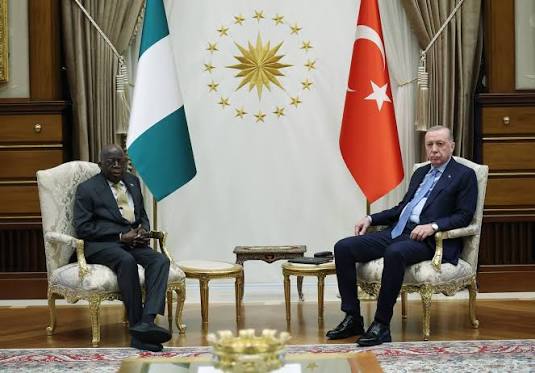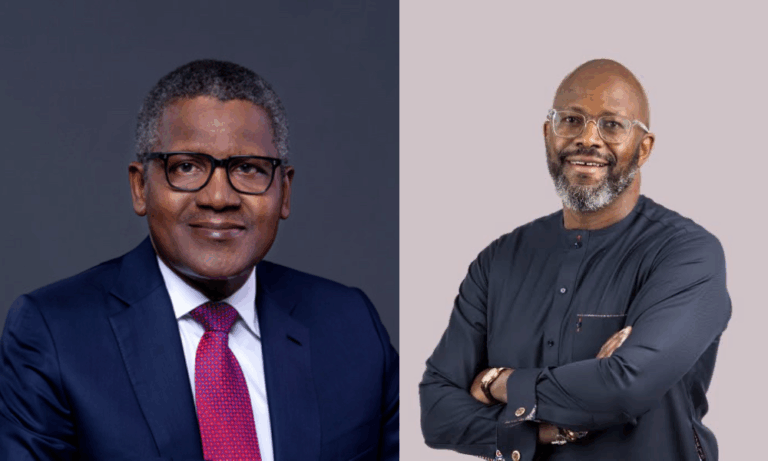The CEO of German startup Novo AI, Hemanth Mandapati, was among the first to adopt DeepSeek’s chatbot technology, switching from OpenAI’s ChatGPT just two weeks ago.
“If you have built your application using OpenAI, you can easily migrate to other platforms… it took us minutes to switch,” Mandapati said at the GoWest conference for venture capitalists in Sweden.
The rise of DeepSeek is reshaping the AI market, offering businesses access to advanced technology at a fraction of the cost. Interviews with over a dozen startup executives and investors suggest the competition could drive other AI firms to improve their models and lower prices.
“There was an offer from DeepSeek which was five times lower than their actual prices,” Mandapati revealed. “I am saving a lot of money, and users don’t see any kind of difference.”
European startups have lagged behind U.S. firms in AI adoption due to limited funding opportunities. However, executives believe DeepSeek could be a game-changer.
“This marks a significant step forward in democratizing AI and leveling the playing field with Big Tech,” said Seena Rejal, Chief Commercial Officer of British firm NetMind.AI, another early adopter.
According to analysts at Bernstein, DeepSeek’s pricing is 20 to 40 times cheaper than OpenAI’s. While OpenAI charges $2.50 per million input tokens, DeepSeek offers the same service for just $0.014.
Despite its rapid adoption, DeepSeek is under scrutiny in Europe, with regulators investigating concerns that it may be copying OpenAI’s data or censoring politically sensitive content.
“While the future of DeepSeek remains uncertain, its impact on AI pricing is undeniable,” said Sanjot Malhi, a partner at venture capital firm Northzone.
In 2024, venture capitalists invested nearly $100 billion in U.S. AI firms, compared to just $15.8 billion in Europe, according to PitchBook data. The contrast was further highlighted in January when U.S. President Donald Trump announced a $500 billion AI initiative, Stargate, backed by OpenAI, SoftBank, and Oracle.
European AI investments remain modest, with France’s Mistral standing as one of the few contenders in an industry dominated by OpenAI, Meta, Anthropic, and Google.
China’s DeepSeek has drawn attention by claiming that training its DeepSeek-V3 model required less than $6 million in computing power. It has since surpassed ChatGPT to become the top-rated productivity app on Apple’s App Store.
“This is a wake-up call that bigger isn’t always better,” said Fabrizio Del Maffeo, CEO of Axelera AI. “By making models more accessible, we lower barriers to innovation, benefiting the entire industry.”
The AI price war is already underway. Last week, Microsoft announced that OpenAI’s o1 reasoning model would be available for free to all Copilot users, removing the usual $20 monthly subscription fee.
“AI prices are dropping, so future adoption will likely depend on transparency, which typically favors open-source models, even if they originate in China,” said Joachim Schelde of Scale Capital.
However, major corporations remain cautious. Companies like Nokia and SAP prioritize security and compliance over cost savings when selecting AI partners.
“Cost is just one factor,” said Alexandru Voica, Head of Corporate at British AI firm Synthesia. “Businesses must also consider security certifications, integration frameworks, and software ecosystems.”









